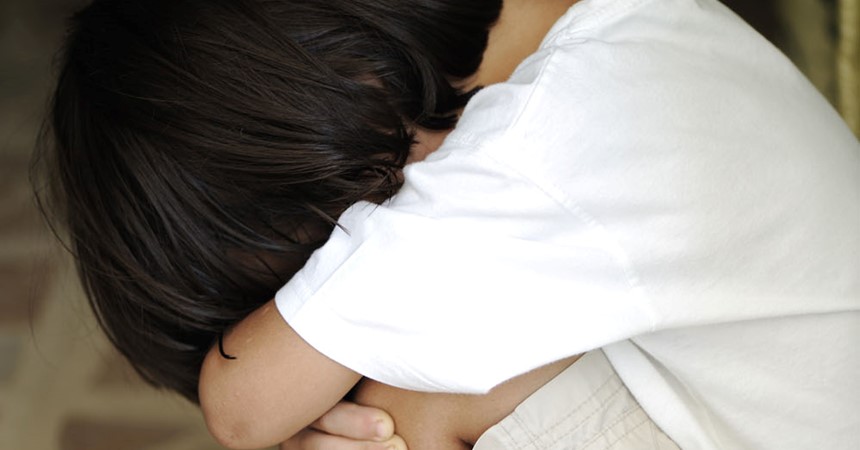The NSW Government is committed to addressing domestic and family violence as stipulated in its 2014 reforms titled “It Stops Here”. These reforms are intended to bring about a co-ordinated, consistent approach to identification and assessment of, and response to, this distressing issue. One of the reforms is the Integrated Family and Domestic Violence Strategy. CatholicCare has been granted funding to employ a designated case manager in Taree to work across the Manning, Great Lakes and Gloucester region to co-ordinate a response to this issue.
Stacey Northam has been professionally and personally involved in addressing the issue of domestic violence in her community in Taree for five years. Stacey is a member of Taree Domestic Violence Monitoring Committee and has assisted in co-ordinating many White Ribbon events. Earlier this year, the committee organised a successful event using early intervention and prevention strategies. Local football players (including the juniors) were invited to take a public pledge against violence towards women. This really highlighted the issue with the event being captured in the local newspaper. Stacey has also co-authored and co-presented a strengths-based, client-centred model for domestic and family violence early intervention at the Australian Childhood Foundations International Trauma Conference earlier this year.
For many years now the issue of domestic and family violence has been escalating. The impact of domestic violence on women and children has been well documented and publicised. On average one woman loses her life every week at the hands of a partner or family member. Children are also losing their lives and suffering from abuse and trauma as a result of living with violence. Statistics indicate that domestic and family violence is still much more likely to be perpetrated by a male (73.3%). Domestic and family violence perpetrated by females is less common but remains a serious problem.
Over the past decade resources have been empowering women to recognise the signs of domestic and family violence with support services being established to enable women and children to access safe havens and to leave violent situations. The rates of reported domestic and family violence have risen over the past decade and this seems to have coincided with education campaigns that have fostered an increased community awareness, and intolerance, of the issue. People are now more likely to report domestic and family violence, which is encouraging, but clearly there is much more work to be done to keep women and children safe. CatholicCare is committed to working closely with other services to ensure that women and children are receiving appropriate and specific support to mitigate safety concerns.
CatholicCare staff are working alongside individuals and communities who have not been treated in a fair or kind manner, who have not experienced the advantages many of us have, and who are, understandably, vulnerable, often very fearful and confused.
If you have concerns regarding domestic violence please P CatholicCare Social Services (02) 6539 5900.




























































































